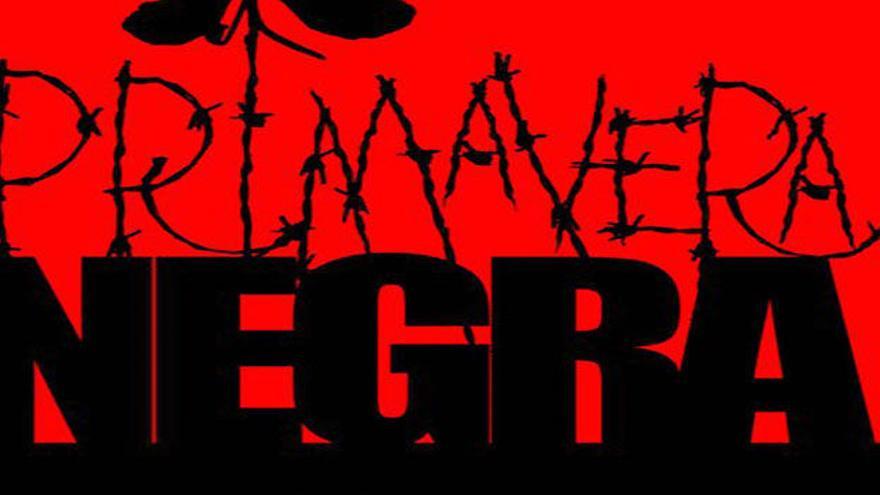
![]() 14ymedio, Havana. 18 March 2023 – Twenty years ago a wave of repression swept through Cuba. Whilst the world’s attention was fixed on the start of the war in Iraq, Fidel Castro condemned 75 dissidents to prison in an authoritarian offensive known as the Black Spring. Two decades later, the number of political prisoners on the island numbers over a thousand, the Gag Law is still in force, and the number of citizens demanding political change has multiplied significantly.
14ymedio, Havana. 18 March 2023 – Twenty years ago a wave of repression swept through Cuba. Whilst the world’s attention was fixed on the start of the war in Iraq, Fidel Castro condemned 75 dissidents to prison in an authoritarian offensive known as the Black Spring. Two decades later, the number of political prisoners on the island numbers over a thousand, the Gag Law is still in force, and the number of citizens demanding political change has multiplied significantly.
If after the arrests of those days in March 2003, the Cuban regime managed to significantly silence the opposition and deal a heavy blow to independent journalism, that effect only lasted for a short time. The emergence of the Ladies in White, mothers and wives who demanded the release of prisoners of conscience, international repudiation and the appearance of new opposition actors capsized the script that Castro had foreseen.
If the sentences of up to 30 years handed down against the 75 sought to kill dissent on the island, then that warning message from the courts failed. If the subsequent exile of a large part of the political prisoners was designed to leave a leaderless wasteland among Cuban activists, it can be concluded that the strategy did not bear the expected results. If the imprisonment of reporters was aimed at rooting out independent journalism, then the fiasco was even bigger.
Two decades later, the press not controlled by the Communist Party has opened a space in the Cuban audience, even greatly displacing the official media. Several waves of dissidents, artists, and reporters have developed other methods, adopted new technologies to spread their message, and have earned the sympathy of millions of citizens inside and outside the Island.
The San Isidro Movement, independent journalism, the artists of 27N (27 November 2020) and activism, each time with more diverse causes and closer to the concerns of citizens, contributed significantly to the outbreak of the most important popular protests in its history on the Island, that have come to be known as ’11J’. July 11, 2021 was evidence of the resounding defeat of the Black Spring, because that oppressive raid had not eradicated nonconformity or the desire for freedom from the hearts of Cubans.
Although the legislation that put those 75 opponents in prison is still in force and new restrictive regulations have been added to it, the Cuban regime has never had to deal with so many public demonstrations of rejection. To channel that popular anger, it has promoted the largest migratory exodus the Island has experienced and keeps hundreds of ’11J’ protesters behind bars. But Cuba is today a much more difficult country to control by the political police, a nation much more aware of the need for system change and a less docile society.
It is true that that Black Spring did not lead to a liberation summer, but neither did it lead to the long winter of citizen meekness that Castro had foreseen.
____________
COLLABORATE WITH OUR WORK: The 14ymedio team is committed to practicing serious journalism that reflects Cuba’s reality in all its depth. Thank you for joining us on this long journey. We invite you to continue supporting us by becoming a member of 14ymedio now. Together we can continue transforming journalism in Cuba.
